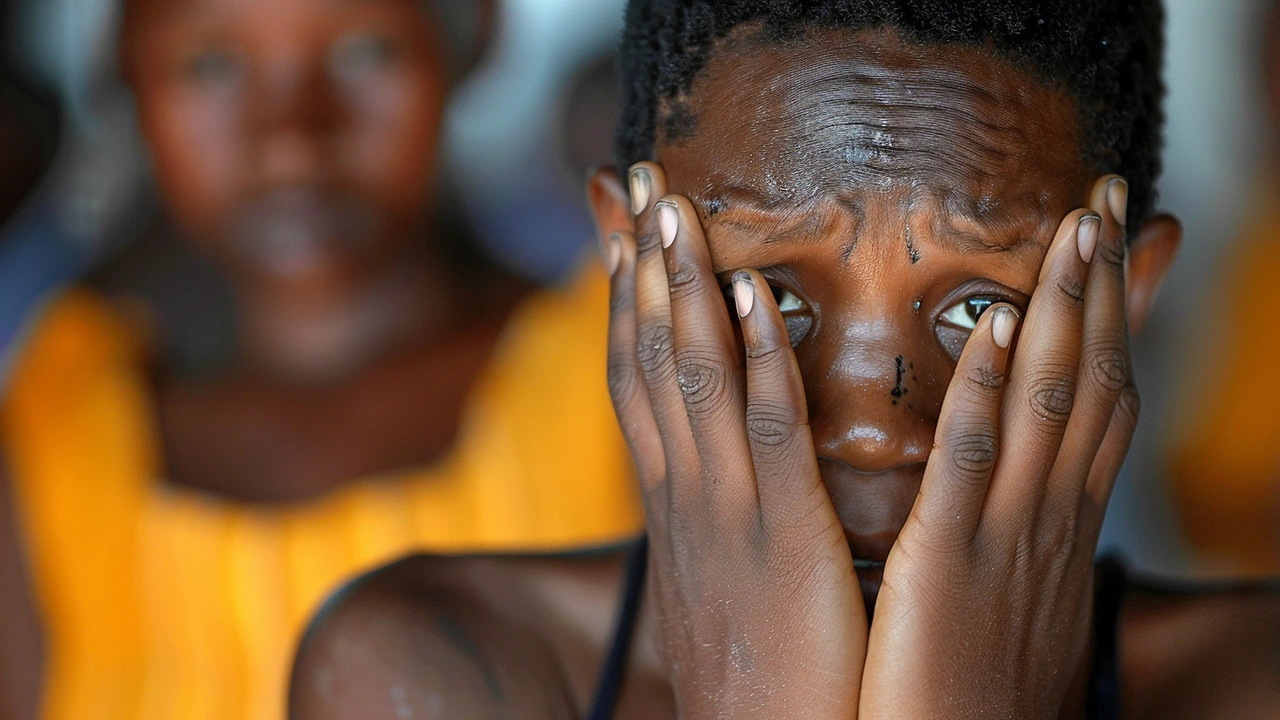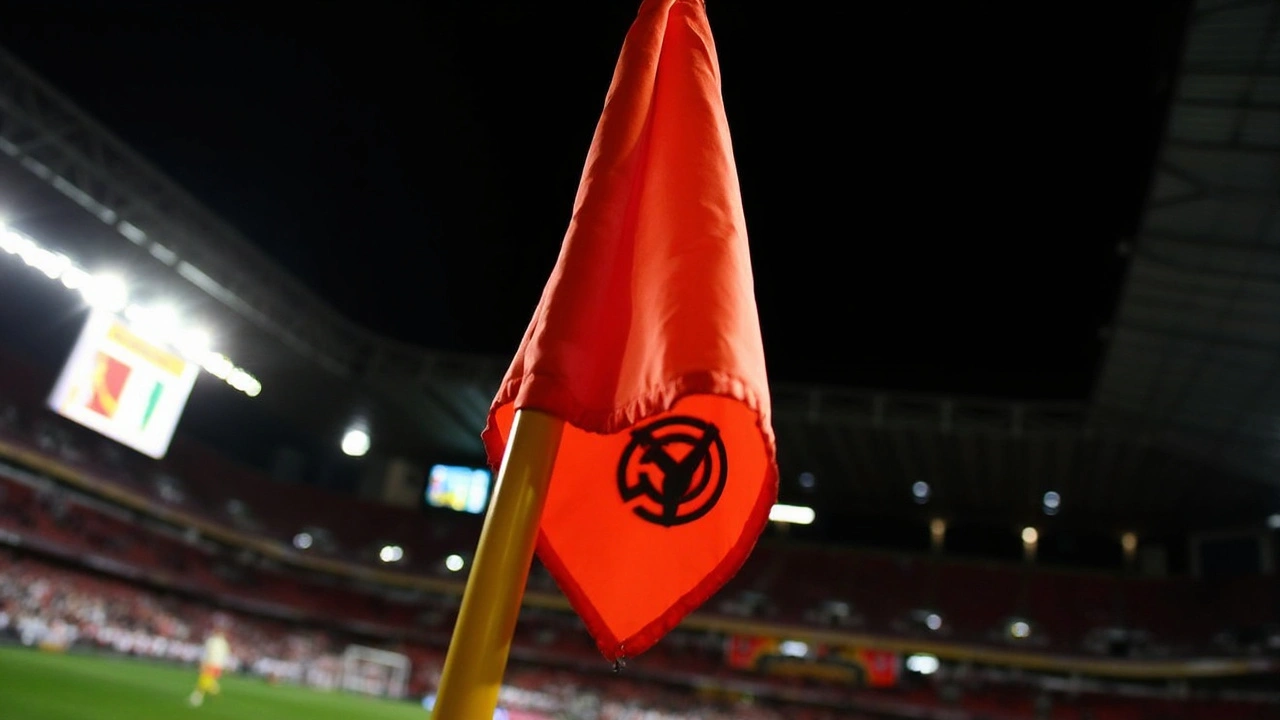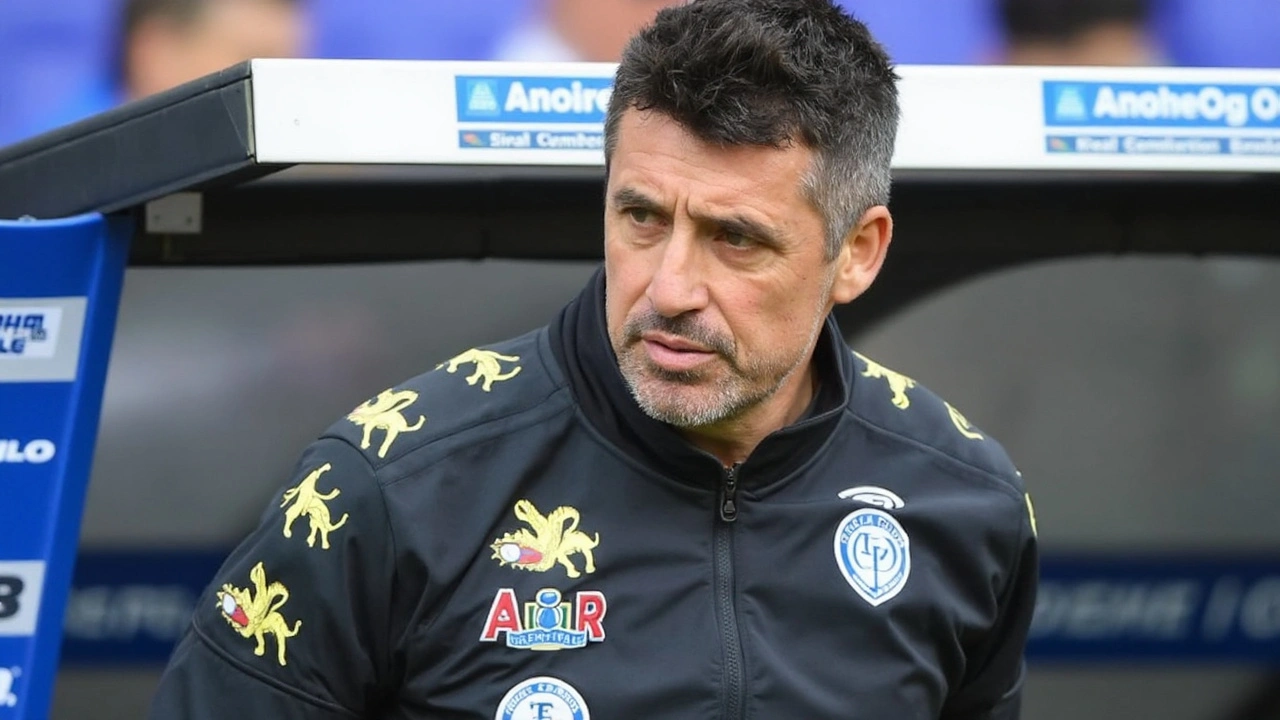Haiti's Gang Violence Crisis: A Humanitarian Catastrophe
The United Nations has raised alarms over the accelerating gang violence in Haiti that has forced over 300,000 children to flee their homes this year alone. According to the UN Office for the Coordination of Humanitarian Affairs (OCHA), this represents a staggering 169% increase in child displacement compared to the same period last year. The assassination of President Jovenel Moïse in July 2021 has acted as a catalyst, plunging the nation into deeper chaos and allowing armed gangs to vie for dominance, particularly in the capital city of Port-au-Prince.
A Surge in Violence
Since the murder of President Moïse, rival gangs have seized the opportunity to expand their control, leading to escalating violence. The streets of Port-au-Prince have become battlegrounds where homes are abandoned, and lives are uprooted. The result is a mass displacement that has pushed many families into temporary camps and makeshift shelters, exacerbating their vulnerabilities.
Children, in particular, are caught in the crossfire. According to Bruno Maes, the UN’s humanitarian coordinator in Haiti, the ramifications for these young lives are profound and far-reaching. Schools have shut down, healthcare services are crumbling, and essential sanitation is limited, which only piles hardship upon the already traumatized displaced populations.
Escalating Humanitarian Needs
The displacement crisis in Haiti is fueling a severe humanitarian emergency. Families are grappling with insufficient access to food, clean water, medical care, and education. Makeshift camps are often overcrowded and lack basic sanitation, posing significant health risks. Children are especially susceptible to waterborne diseases and malnutrition, further compromising their development and well-being.
Moreover, these children face mental and emotional distress due to the violence they have witnessed and the instability of their circumstances. The longing for a sense of normalcy is palpable, yet increasingly out of reach as the conflict continues unabated.
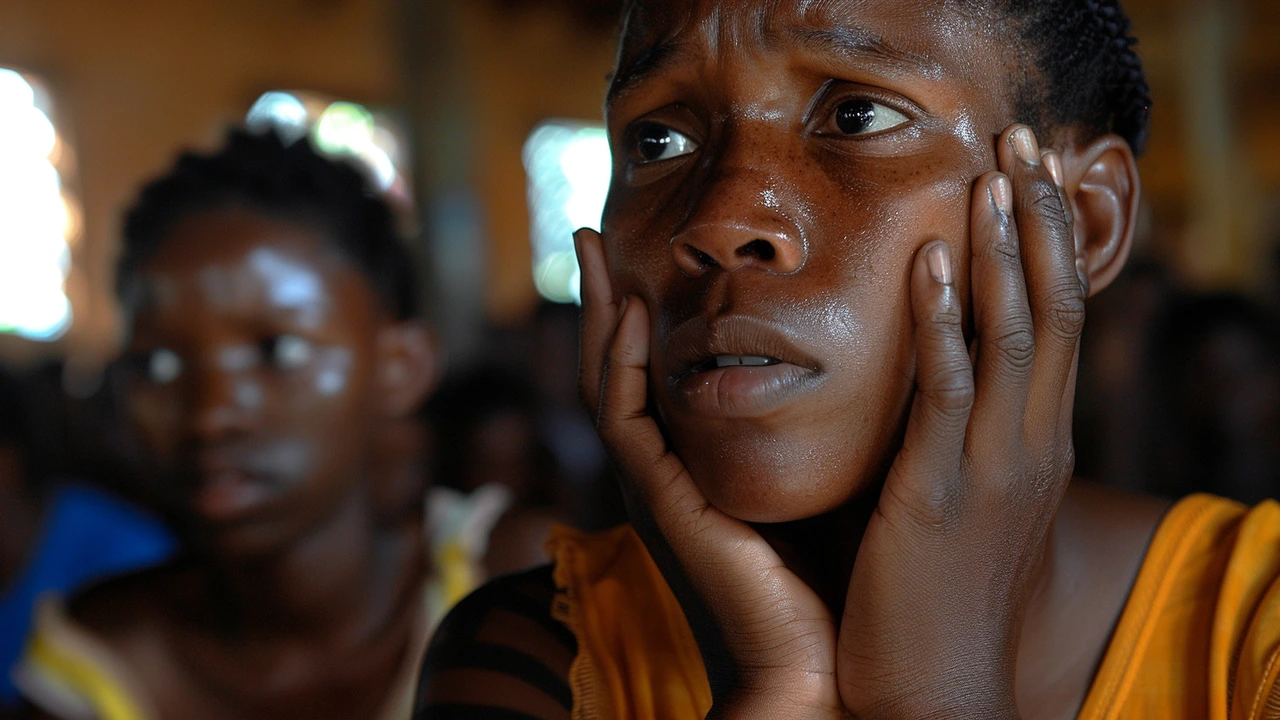
Call for International Support
The UN has persistently called for immediate international intervention to address this burgeoning crisis. Bruno Maes emphasized the need for enhanced humanitarian aid to mitigate the massive scale of suffering. He appealed for substantial contributions from the global community to bolster efforts aimed at safeguarding the afflicted population.
Support from the international community is imperative to restore a semblance of stability and ensure that the root causes of the violence are tackled comprehensively. The Haitian government has echoed this call, seeking increased international assistance to restore law and order in the country.
Needed: Comprehensive Solutions
Addressing the crisis in Haiti necessitates a multifaceted approach. This includes not only immediate humanitarian aid but also long-term strategies to dismantle the entrenched networks of violence. Greater international collaboration is required to help the Haitian government enhance security measures, rebuild infrastructure, and restore essential services.
Furthermore, programs aimed at demobilizing and rehabilitating gang members could help reduce violence and provide alternative paths for disaffected youth. Increased investment in education, healthcare, and social services is crucial to support communities and prevent the emergence of similar crises in the future.
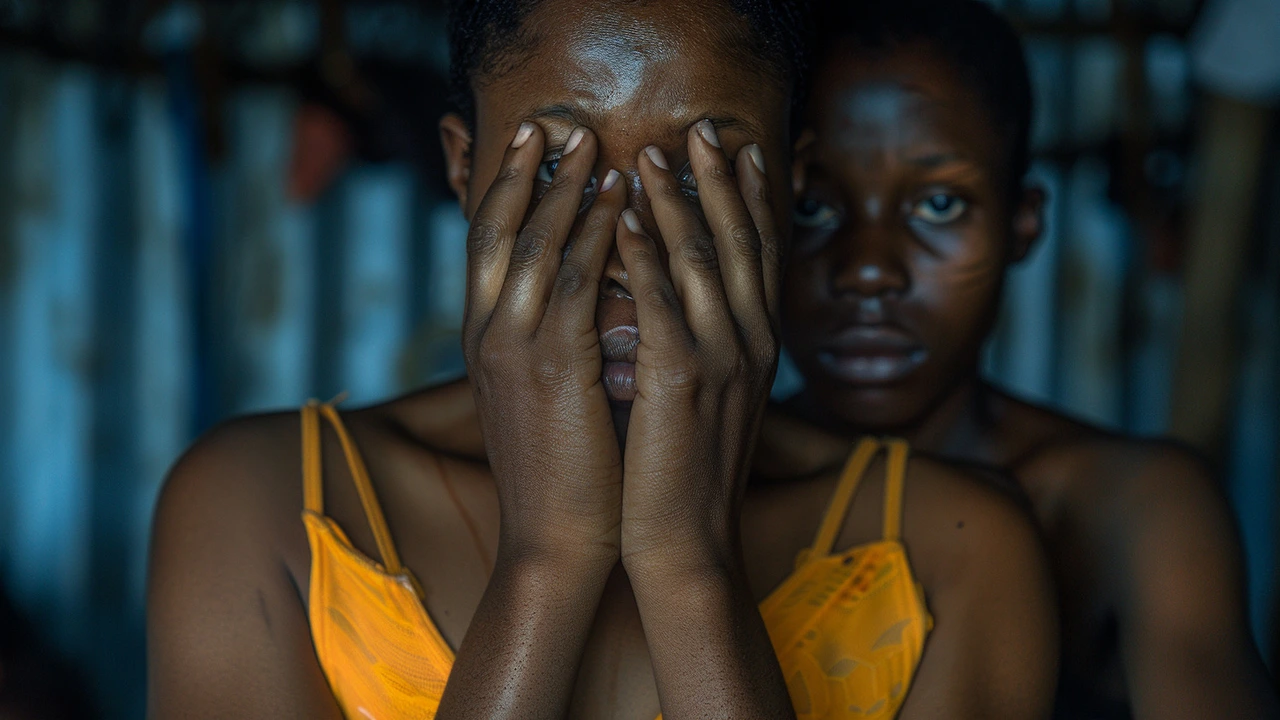
The Role of NGOs and Local Organizations
Amidst the chaos, non-governmental organizations (NGOs) and local community groups have been pivotal in providing immediate relief and support to displaced families. They are often the first responders on the ground, delivering food, medical aid, and psychosocial support to those in dire need.
Collaborative efforts between international aid agencies and local organizations can enhance the reach and effectiveness of humanitarian interventions. These partnerships are vital in navigating the complex and often dangerous terrain in which these groups operate.
Stories from the Ground
Personal stories from displaced families shed light on the daily struggles they face. Many children have lost their homes, their friends, and their sense of security. A child’s tale of fleeing from gunfire, huddling in overcrowded shelters, and yearning for stability is a common narrative.
In the face of adversity, the resilience shown by these children and their families is remarkable. Their courage and determination to survive and rebuild despite the odds draw attention to the urgent need for wider and deeper support.
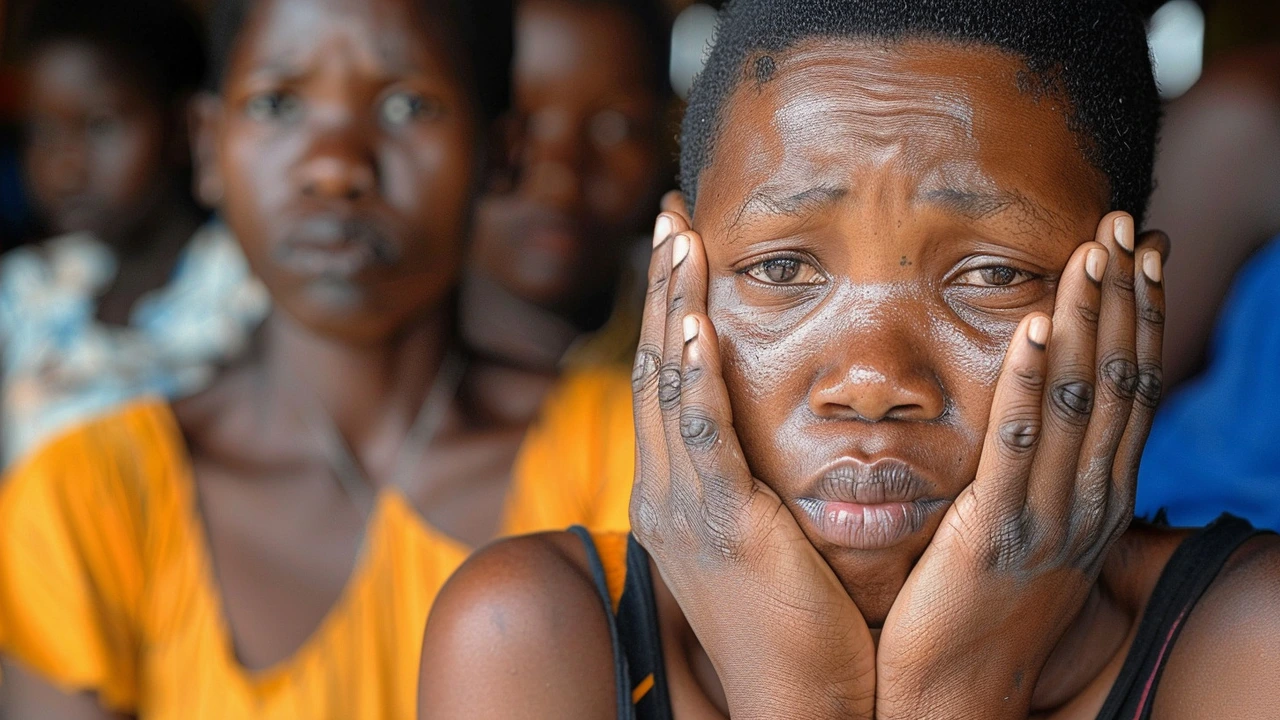
Conclusion: Crisis Now, Action Now
The displacement of over 300,000 children due to gang violence in Haiti reflects a worsening humanitarian crisis that demands immediate global attention. The UN’s calls for increased support and intervention highlight the severity and urgency of the situation. Ensuring access to essential services, restoring security, and addressing the root causes of violence are critical steps towards alleviating the plight of Haiti’s displaced population.
Immediate and coordinated action from the international community, bolstered by local efforts, can pave the way towards a more stable and secure Haiti. For the sake of these children and their future, the world must rally to aid Haiti in its hour of need.
| Year | Children Displaced |
|---|---|
| 2022 | 111,520 |
| 2023 | 300,000+ |
